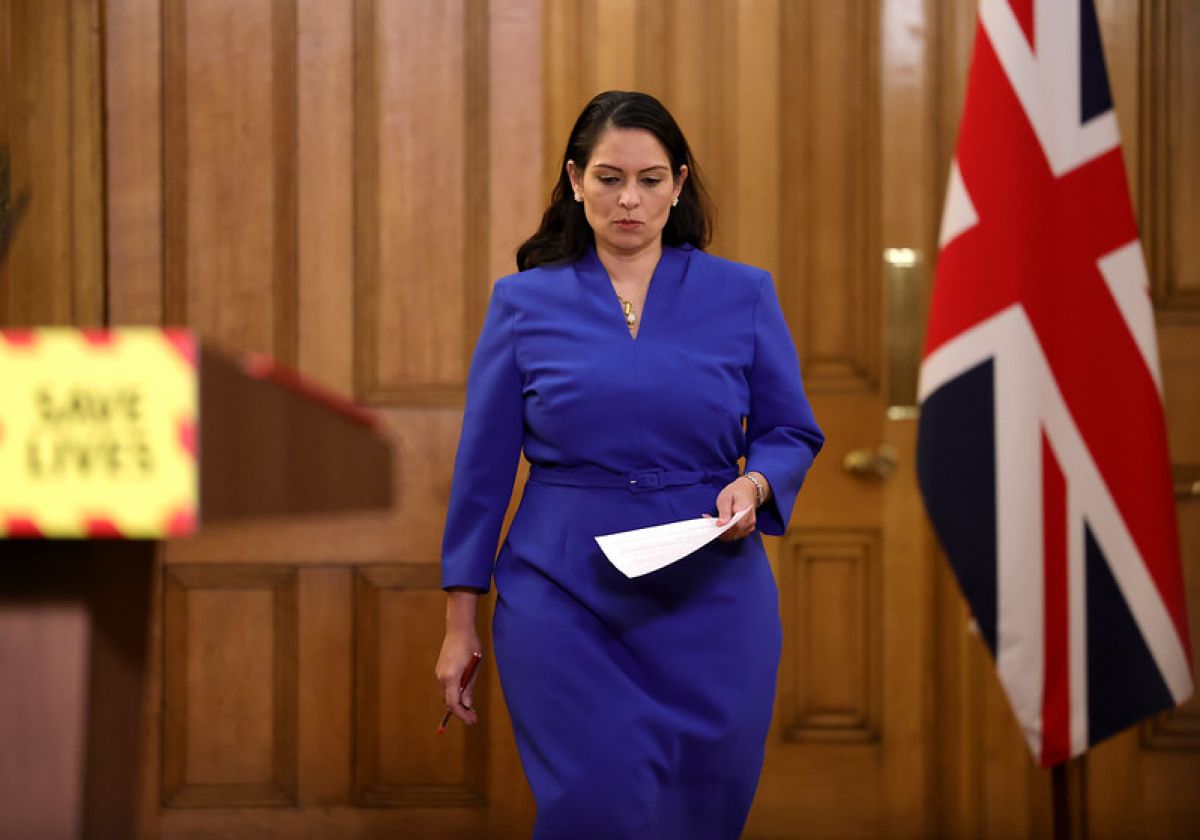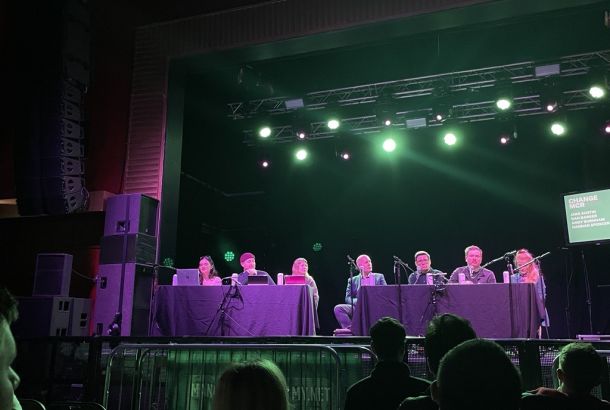How is the government planning to reduce sexual violence in the UK?
By Archie Earle

In the run up Reclaim the Night, we’ve looked back at UK policy to see what the government has actually done to tackle sexual violence.
Since 1997, under the government of Tony Blair a ministerial position has been created for Women, namely the Minister for Women and in June 2007 this was expanded to Women and Equalities, but recently in the Conservative manifesto of 2019, there was no distinct plan for ending violence against women. However, in July 2021, Home Secretary Priti Patel promised a radical programme of change that would address the problem of violence against women.
The strategy from Patel would include a new street harassment law and would seek to implement far reaching legal recourse, in an attempt to stop harassment of women in public. However, the policy received widespread backlash not for its content, but for the fact that campaigners complain that there has been a distinct lack of action on the issue.
Three months ago, in December 2021 a bill was proposed as part of the government review in to hate crime laws. The bill concerned particularly public sexual harassment, which would make public sexual harassment a criminal offence. This would include making ‘lewd comments, pressing against someone in a sexual way on public transport, cornering someone, catcalling and persistent sexual propositioning’, should the law be brought in. The proposed bill came after months of campaigning from women’s rights organisations and lawyers. The government in response to this said that they would respond to the Law Commission recommendations once they had been published.
Most recently, in February Home Office Minister Rachel Maclean said the government would bring forward a law to criminalise the issues raised by the Law Commission. However, the government did qualify this by suggesting that new laws would be made only if it was clear that it would be needed, prompting yet more backlash from campaigners and activists. The legislation would be part of the larger but controversial ‘Police, Crime, Sentencing and Courts Bill’, which would encompass a wide array of social issues which the government has raised concerns with.
While action has been present from the government, backlash has been vocal, particularly concerning the pace with which it is taking for them to implement widespread legislation. It remains to be seen if these bills will be put in place, but with the return of the Reclaim the Night event, it is more than likely the government will face calls to step up its action.







